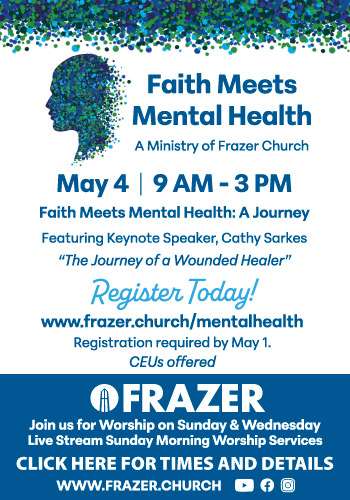Here we are, a bit over a year from where COVID entered our lives. Masks, vaccinations, hand sanitizer, social distancing, quarantining; these are things very familiar to all of us. We all have had to adjust, sometimes very quickly, to our new normals; which has led to stress for all of us, in different ways.
Adolescents in particular, have been hit very hard due to all of these adjustments. In their world, peer groups are very important. When COVID hit, their peer groups changed rapidly or were totally dissolved. School stopped or changed, then changed again. Sports and clubs stopped. Youth groups and churches stopped. Their world stopped.
Their world has often been large and open; their real physical world in addition to social media and the internet. Then in 2020, their world shrunk to mostly just their four physical walls and their electronic world. The stressful news conferences about COVID, political unrest, and faceless electronic friends, became their culture, their worldview, their filter. How could our kids not be stressed in this environment?
Our brains are designed to survive and weather anxiety. In our ancient past, there would be a stressor (ie a weather event thereating our crop) and we would work through the stressor (ie save our crop). Later we would be satisfied and rest, allowing the stress chemicals to leave our brain and body. Our ancestors also only received news in the occasional letter and newspaper. It was limited and often old news once it reached them.
In our current culture, particularly for our youth, the stress is more chronic and long term. Constantly bombarded with all of the negative news 24/7, constantly connected to peers, friends, and unknowns through text, social media, and the news. This coupled with a lack of resolution for the stress and anxiety, the stress chemicals never fully dissipate. This creates an environment for anxiety to thrive.
How do you know if your teen is experiencing anxiety? Some signals may be sleep issues, irritable mood, increased isolation and less socialization, increased negative talking, some physical issues may be headaches or stomach issues (make sure to get a doctor to do a check up), and/or academic changes.
Now that all parents are sufficiently worried… there is good news. Anxiety and stress can be managed and reduced, even for our teens.
The best way to help your teens through anxiety is keeping open lines of communication.
Have family dinners, go on a walk, listen to when they talk about their video games or every play they made in their sports game. When you listen to the little things, you set up a culture of caring in your home. One day, your teen will say something important.
James 1:19 says, “My dear brothers and sisters, take note of this: Everyone should be quick to listen, slow to speak and slow to become angry.” Keep listening. Create opportunities to talk without distractions.
Learn mindfulness techniques and help your teen learn them also. Exodus 14:14; Psalm 46:10; Psalm 62:5 all mention being still and waiting. Mindfulness has been shown to reduce and even reverse the symptoms of anxiety when worked on regularly. Mindfulness, relaxation and proper sleep patterns, are all ways to help reduce and at times reverse anxiety.
Another technique that is helpful to reduce anxiety in your teen, is to limit electronics and social media. Let’s face it, social media and the internet are not going anywhere, however we need to help our teens learn to navigate the waters of electronics, cell phones, and social media. Help them learn to limit the time they spend on social media, as well as limit or block any sites that are negative or cause negative thinking.
Finally, pray with your teen. Help them learn to rely on God. Remind them that they are made strong and in His image (2 Timothy 1:7) and that they can grow and survive their stresses and anxieties. 1 Peter 5:7 “Casting all your anxieties on him, because he cares for you.” Remind them that they are “fearfully and wonderfully made” (Psalm 139:14) and you are on their side.
If you have concerns about your teen’s mood or behaviors, please seek professional help, via a primary care provider and a therapist.










